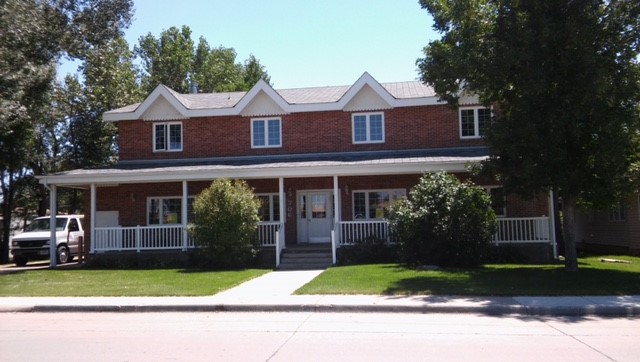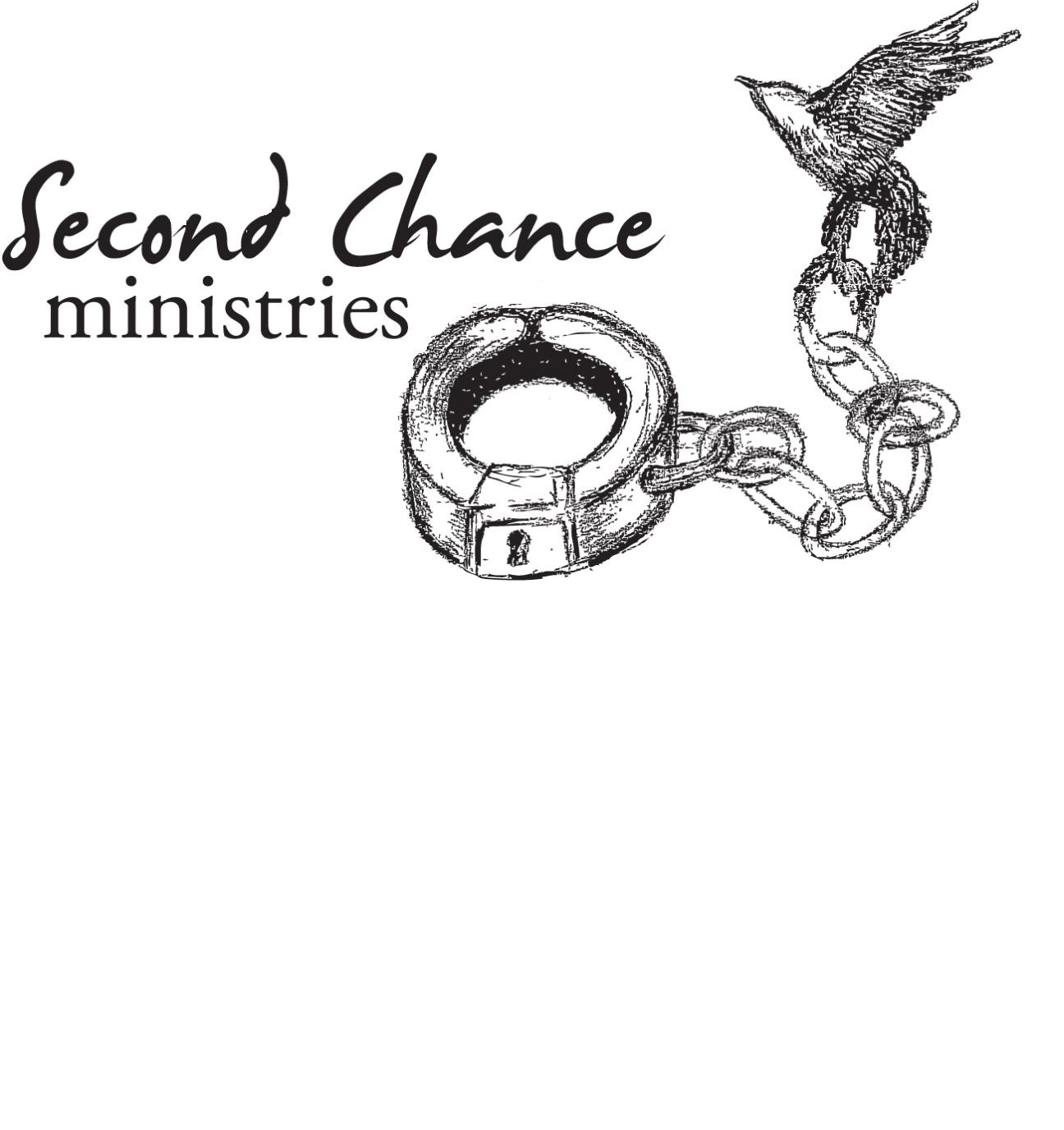Overview
Second Chance Ministries is a substance abuse treatment center for people seeking treatment near Campbell County. As part of their treatment modalities for recovery, Second Chance Ministries provides 12-step facilitation, individual psychotherapy, and group counseling during treatment. Second Chance Ministries is located in Gillette, Wyoming, accepting cash or self-payment for treatment.
Second Chance Ministries at a Glance
Payment Options
- Cash or self-payment
- Medicaid
- Medicare
Assessments
- Comprehensive substance use assessment
Age Groups
- Young adults
- Adults
Operation
- Private non-profit organization
Treatment At Second Chance Ministries

Conditions Treated
Alcoholism:
Alcohol addiction is a condition where a person's brain gets used to having alcohol, making it hard for them to control their drinking. This can lead to feeling down, acting without thinking, wanting alcohol strongly, and feeling sick if they don't drink. To help with this, treatment programs are available. These usually include a guided process to safely stop drinking, talking with professionals to work through problems, and joining support groups with others facing similar issues. While these treatments can't fully cure the addiction, they provide tools and support to help individuals live a better life and keep their drinking under control.
Opioid Addiction:
Opioid addiction rehabilitation is a specialized treatment process tailored to address the unique challenges and complexities of opioid dependence, including drugs like heroin and prescriptions like oxycodone. The process typically begins with a medical detox to ease withdrawal symptoms, followed by therapeutic interventions to address the root causes of addiction. This holistic approach aims to provide individuals with the skills and support needed for long-term recovery from opioid use.
Substance use treatment:
Substance use rehabilitation is a structured program aimed at assisting individuals in overcoming their dependencies on drugs or alcohol. Through a combination of medical detoxification, counseling, and various therapeutic approaches, these programs strive to address the physical and psychological aspects of addiction. The goal is to equip individuals with the knowledge, skills, and support necessary to attain lasting sobriety, while also working to identify and address the underlying issues contributing to substance misuse. By fostering a supportive environment, substance use rehabilitation centers provide a pathway towards a healthier, substance-free life.

Levels Of Care
Outpatient:
Outpatient treatment in a rehab center offers flexible therapy sessions, typically ranging from 1-3 hours per week, allowing individuals to continue daily activities while receiving care. In contrast, intensive outpatient programs demand a more rigorous commitment, often involving 9-15 hours weekly, providing a more immersive therapeutic environment without the need for inpatient stays.
Detoxification:
Detoxification, often called detox, is like a reset button for the body after someone has been using drugs or alcohol. Its main job is to help people who want to quit these substances by easing the discomfort they might feel when they stop. Think of it as a way to clean out the harmful stuff in the body when someone has been using drugs or alcohol too much. Detoxification aims to make the process of quitting safer and less painful for the person.

Treatment Modalities
12-step facilitation:
12-Step Facilitation is a structured approach to recovery used in many rehab facilities. It's rooted in the principles and practices of Alcoholics Anonymous (AA) and its 12-step program. The facilitation process promotes abstinence and supports individuals in becoming actively involved in 12-step self-help groups. The approach emphasizes personal responsibility, spiritual growth, and the importance of peer support to maintain sobriety and prevent relapse. By guiding individuals through each step, 12-step Facilitation aids participants in understanding the underlying causes of their addiction, seeking amends, and fostering a commitment to lifelong recovery.
Individual psychotherapy:
Individual Psychotherapy provides a private, one-on-one setting where clients can explore and address their personal challenges, behaviors, and feelings related to addiction and recovery. With the guidance of a trained therapist, clients work to uncover the root causes of their substance use, develop coping strategies, and build a foundation for long-term recovery and personal growth.
Group counseling:
Group Counseling is a therapeutic approach where individuals come together under the guidance of a trained counselor to share experiences, offer support, and gain insights. This collective format promotes mutual understanding and growth, allowing participants to learn from one another's perspectives and challenges.
Life Skills:
Life skills training encompasses a comprehensive set of abilities essential for individuals to thrive in society. These encompass time management, career guidance, financial acumen, and effective communication. In the context of addiction recovery, true success goes beyond mere abstinence; it's about flourishing. Life skills instruction equips individuals with the practical tools needed to navigate society successfully, paving the way for a fulfilling life and, consequently, lasting sobriety.
Religious Programs:
Religious programs in rehab integrate spiritual principles and teachings with traditional recovery methods, offering a holistic approach to addiction treatment. These programs recognize the power of faith in healing and provide a supportive environment for individuals to reconnect with their spiritual beliefs. Participants often engage in prayer, meditation, scripture study, and faith-based counseling to find strength, purpose, and renewed hope on their journey to sobriety. For many, this combination of spiritual and therapeutic support provides a deep sense of meaning and a solid foundation for lasting recovery.
Contact Information
DISCLAIMER: The facility name, logo and brand are the property and registered trademarks of Second Chance Ministries, and are being used for identification and informational purposes only. Use of these names, logos and brands shall not imply endorsement. BetterAddictionCare.com is not affiliated with or sponsored by Second Chance Ministries.


